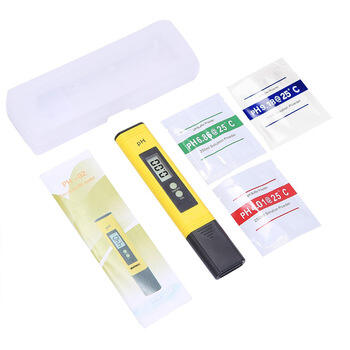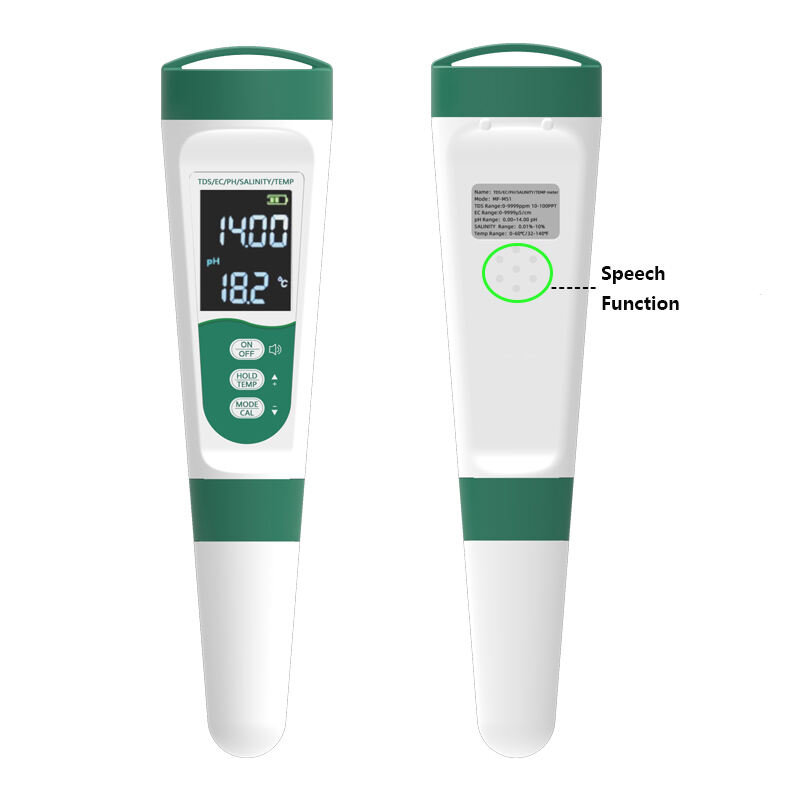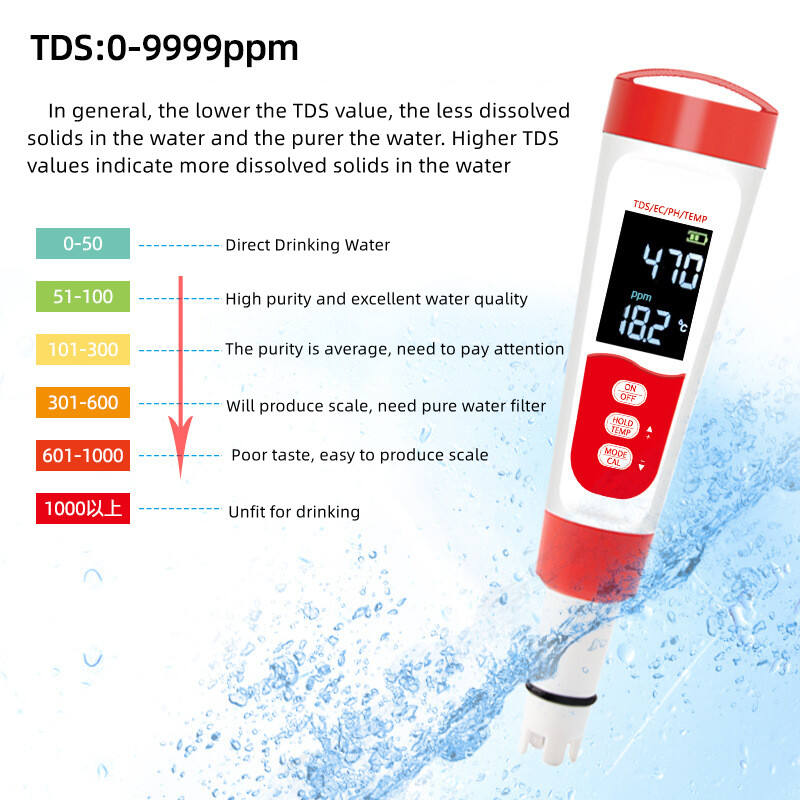електричен проводник EC мера
Електрическият проводимостен (EC) метър е sofisticiran измерителен инструмент, предназначен да определя способността на раствор да провежда електрически ток. Този важен инструмент работи чрез измерване на електрическата проводимост между две електроди, предлагайки точни показания за дисолвираните иони във вода или други раствори. Модерните EC метри комбинират напреднала сензорна технология с цифрови обработващи възможности, за да доставят прецизни измервания в различни единици, включително микросиенси на сантиметър (µS/cm) или милисиенси на сантиметър (mS/cm). Те типично разполагат с механизми за температурна компенсация, за да се гарантира точност при различни околнинни условия, тъй като показанията за проводимост са зависими от температурата. Повечето модели включват функции за автоматична калибровка и възможности за паметно съхранение за записване на данни. EC метрите идват в различни форми, от портативни ръчни единици, идеални за полеви работи, до по-сложни столови модели за лабораторни приложения. Те са оборудвани с цифрови дисплеи, които показват реално време на показанията и често включват допълнителни параметри като Общо Дисолвираните Твърдости (TDS) и солност. Технологията зад тези метри е развълнула до да включва функции като водонепроницаеми корпуси, подсветени дисплеи и безжична връзка за прехвърляне на данни. Тези инструменти са незаменими в много сектори, включително земеделие, хидропоника, очистка на вода, аквакултура и индустриални процеси, където наблюдението на качеството на вода и минералното съдържание е важно за оптималните операции.


